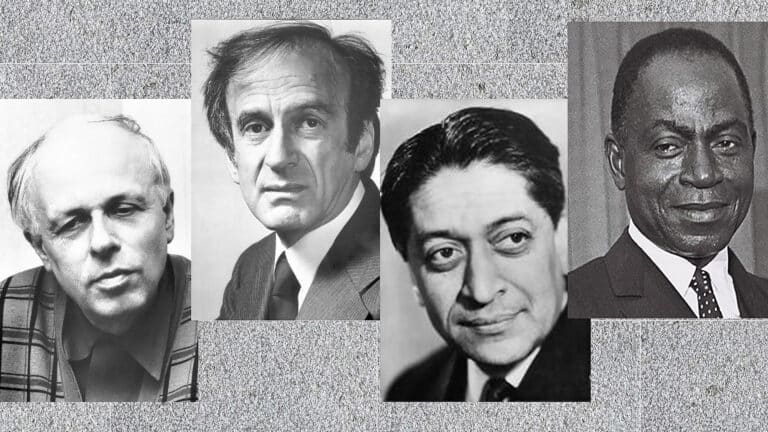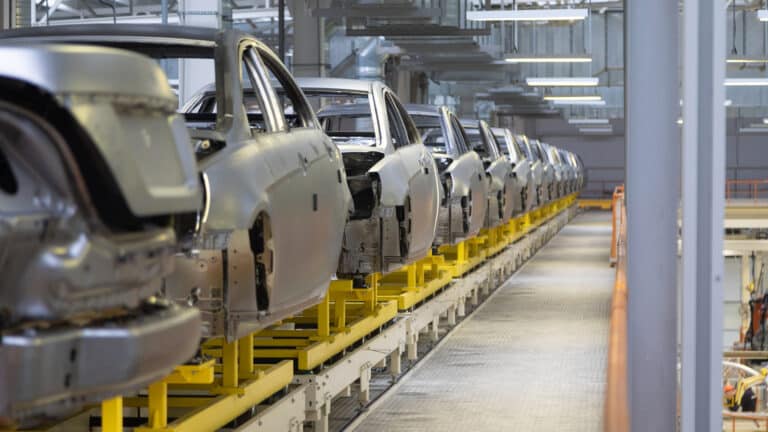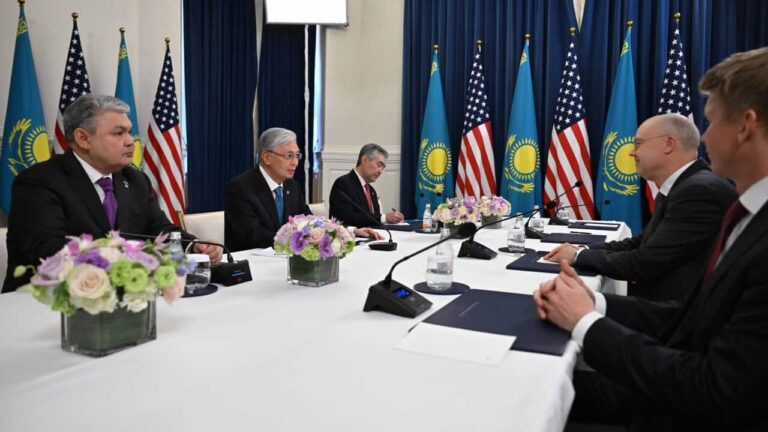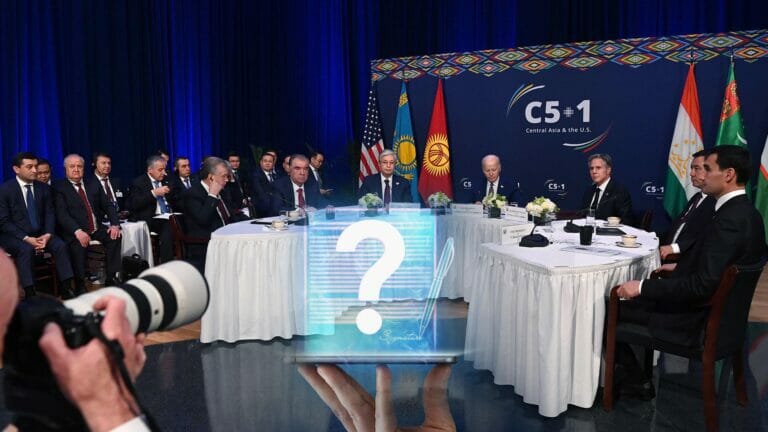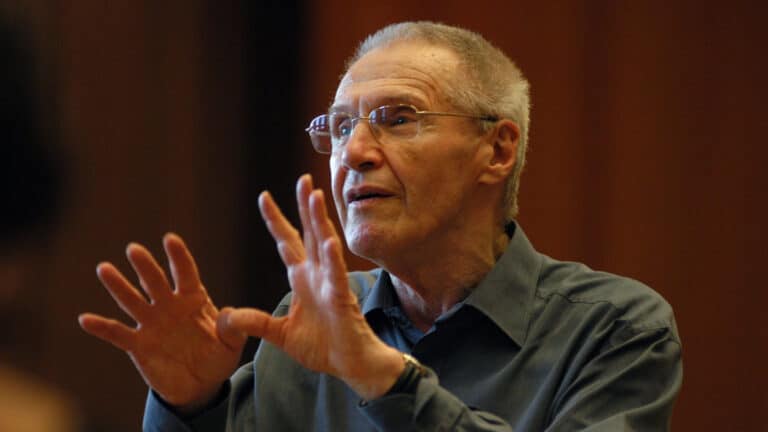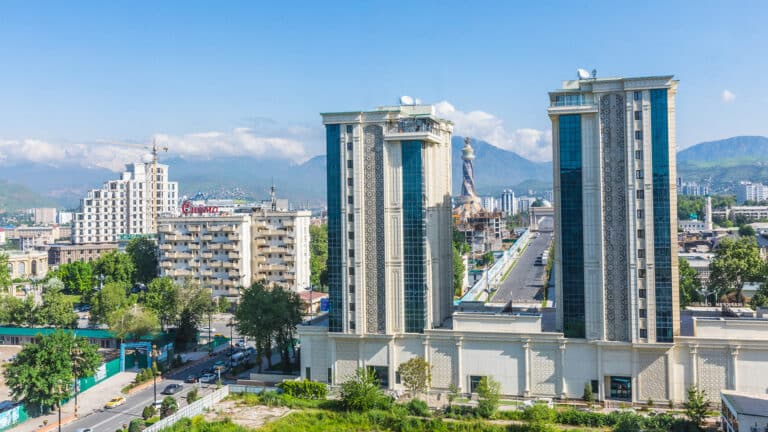On March 29, Rustam Akhmetov, the first deputy chairman of the Agency for Protection and Development of Competition stated that the government won’t be able to support domestic prices for gas after 2025. This assessment is based on the rate of annual growth of gas consumption in Kazakhstan and the shrinking volumes of fuel that have been exported by the country abroad.
In 2021, Kazakhstan exported 7 billion cubic meters of gas out of the 25 billion cubic meters of gas the country produced in total. For years the government of Kazakhstan has subsidized domestic gas prices at the expense of high export prices. The national company Kazakhgas, which has a monopoly on the acquisition of gas within the country, controls about 95% of the market.
«According to the company, last year it wrote off $332.4 million of losses due to the gap between published and approved prices. All these losses were written off at the expense of export revenues. At the same time, the export of natural gas has declined by 30% since 2020 because of soaring domestic consumption. According to the Ministry of Energy, natural gas consumption is going to reach 27 billion cubic meters by 2025. This means that there will be a shortage of about 1.6 billion cubic meters of gas. In other words, starting from 2025 we won’t be able to subsidize domestic natural gas prices,» said Akhmetov.
He noticed that the government regulates all stages of the sale of gas, including purchasing gas from producers, its bulk and retail sales and transportation. Akhmetov also said that there is no mechanism of preemption right if Kazakhgas refuses to use its right.
«The system of pricing on the domestic market is also not perfect. The gap between prices approved by the regulator may vary from $1.25 to $20.78 per one cubic meter of gas. The procedure of domestic market supply is not clear. That’s why we often supplied the domestic market with expensive gas imported from Russia instead of cheaper gas produced by local companies,» he said.
According to Akhmetov, the situation around quotas, prices and the structure of gas supply to the domestic market isn’t transparent.


